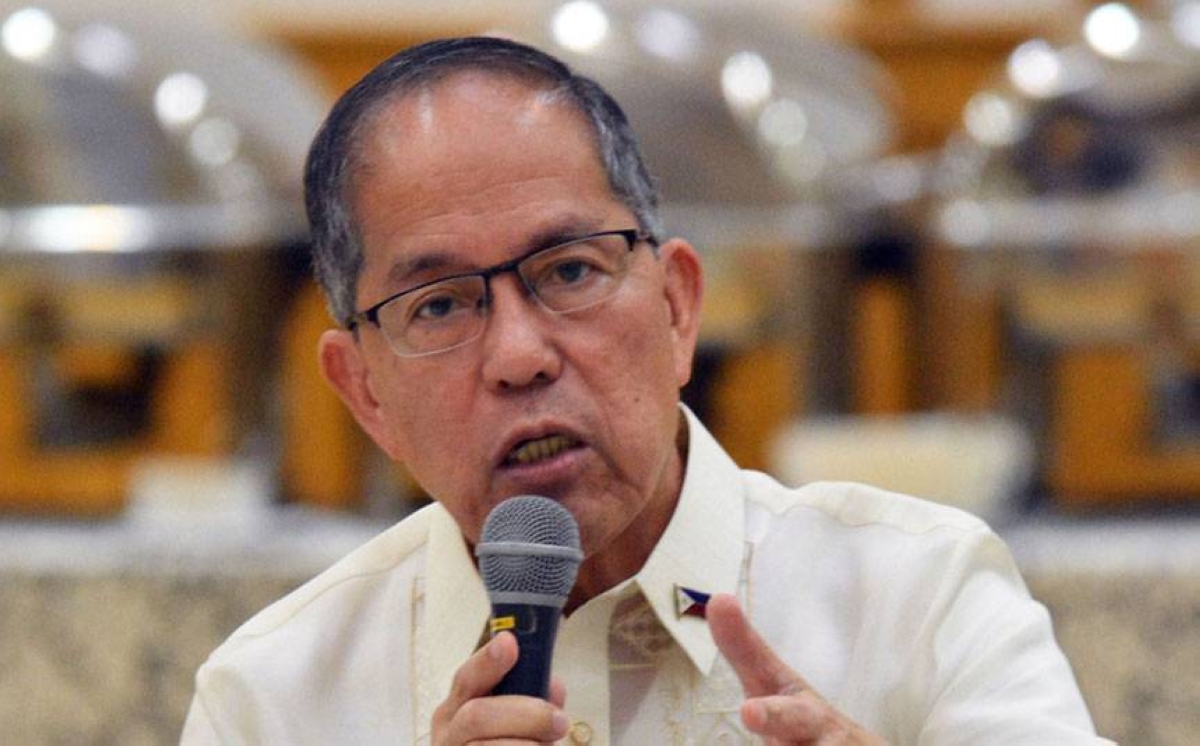In a significant development for workers in the Davao Region, the Regional Tripartite Wages and Productivity Board (RTWPB) has approved a new round of minimum wage increases. This move is expected to benefit over 132,000 minimum wage earners and 64,000 household workers, also known as “kasambahay,” in the region.
The RTWPB-Davao has approved a two-tranche increase of P38 for minimum wage earners in the private sector. On the other hand, household helpers will receive a pay hike ranging from P500 to P1,500, depending on the specific area they work in. This increase aims to provide better compensation and improve the standard of living for these workers.
Under the new wage order, the monthly wage rate for chartered cities and first-class municipalities in the Davao Region will be set at P6,000, while other municipalities will have a minimum wage of P5,000. This adjustment takes into account the varying costs of living in different areas within the region.
It is worth noting that the Davao Region was the last among the 16 regions in the country to issue a wage increase order. This delay has been a cause for concern for workers, who have been eagerly awaiting this adjustment to their wages. However, with the approval of Wage Order RB XI-22 on February 13, 2024, workers can now look forward to an increase in their daily wages.
The wage increase will be implemented in two stages. The first stage will see a P19 daily increase for minimum wage earners, which will take effect in March. This initial increase will provide immediate relief to workers who have been struggling to make ends meet. The second stage will involve an additional P19 increase, which will be implemented on September 1, 2024. This phased approach allows businesses to adjust gradually and ensures a smoother transition for both employers and employees.
The decision to raise the minimum wage in the Davao Region reflects the government’s commitment to improving the welfare of workers. It acknowledges the rising costs of living and aims to bridge the gap between wages and expenses. By providing fair compensation, the government hopes to enhance the quality of life for workers and their families.
It is important to recognize that minimum wage increases are not just about monetary benefits; they also have broader implications for the economy. When workers earn higher wages, they have more purchasing power, which can stimulate consumer spending and drive economic growth. Additionally, higher wages can contribute to reducing income inequality and promoting social justice.
The approval of the minimum wage increase in the Davao Region is a positive step towards creating a more equitable society. It demonstrates the government’s commitment to addressing the needs of workers and promoting inclusive economic development. By ensuring that workers receive fair compensation, the government is laying the foundation for a more prosperous and sustainable future.
In conclusion, the recent approval of a new round of minimum wage increases in the Davao Region is a significant development for workers. This adjustment will benefit over 132,000 minimum wage earners and 64,000 household workers, providing them with better compensation and improving their standard of living. The phased implementation of the wage increase allows for a smoother transition for both employers and employees. This decision reflects the government’s commitment to addressing the needs of workers and promoting inclusive economic development. By ensuring fair compensation, the government is taking a step towards creating a more equitable society and a brighter future for all.







